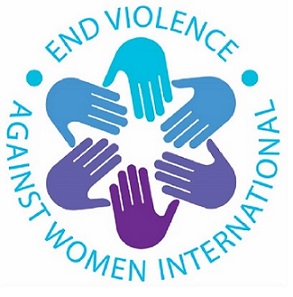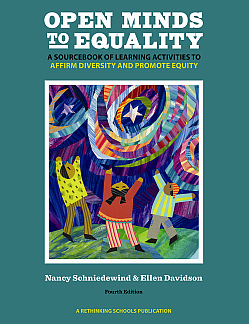Resources Library: Model Policies & Best Practices
Start a Search:
Maternal Mortality Review – Each Death Matters
Virginia’s multidisciplinary Maternal Mortality Review Team reviewed nearly 400 cases of pregnancy-associated death occurring between 1999 and 2007. This brief article was published by the National Women's Health Network and authored by Victoria M. Kavanaugh, RN, PhD, Maternal Mortality Review Team Coordinator with the Virginia Department of Health, Office of the Chief Medical Examiner. In the article, Dr. Kavanaugh summaries Virginia data and emphasizes the need for maternal mortality reviews as a means to develop recommendations for interventions and prevention strategies to prevent future deaths. These recommendations apply to a wide array of fields, including prenatal health care, social work, psychiatry, emergency care, dietary services, health care, and advocacy.
Model Policies for Providing Services to LGBTQ Survivors of Violence
This guide is intended to assist sexual and domestic violence direct service organizations in
Virginia that wish to better serve lesbian, gay, bisexual, transgender, and queer (LGBTQ)
survivors of violence.
There are two major sections to this guide:
1. Model Policies
2. Best Practices
The guide is available in both English and Spanish
Model Protocol on Services for Limited English Proficient Immigrant and Refugee Victims of Domestic Violence
The Washington State Coalition against Domestic Violence (2002) created a model protocol for the state of Washington with the goal of supporting domestic violence agencies to increase and extend their services to immigrant women whose first language is not English. Included in the protocol are recommendations for agency policies and procedures, specifically how to conduct intake, provide crisis intervention, facilitate accommodating shelter experiences, legal advocacy, and more.
Officers and Advocates: Oil and Water?

From End Violence Against Women International
One of our most popular articles addresses the collaboration between law enforcement and victim advocates, with the title Oil and Water? This article was first written years ago, but it remains just as timely today. We are therefore providing the information in a series of Training Bulletins.
In this first installment, we begin with a historical perspective and explore the role of victim advocates within the context of the criminal justice system. In the second bulletin, we describe why some professionals are reluctant to integrate victim advocacy in their work and identify strategies for overcoming that reluctance. Then in the final installment, we walk through an example of how advocates might address one particular challenge: When the law enforcement investigator feels like the facts "don't add up."
CLICK HERE FOR PART 1 OF THE SERIES.
Open Minds to Equality Resource Book

Open Minds to Equality is an educator’s sourcebook of activities to help students understand and change inequalities based on race, gender, class, age, language, sexual orientation, physical/mental ability, and religion. The activities also promote respect for diversity and interpersonal equality among students, fostering a classroom that is participatory, cooperative, and democratic. Learning activities are sequenced to build awareness and understanding. This book is an essential resource for teachers, leaders in professional development, and curriculum specialists.
This fourth edition of Open Minds to Equality contains a wealth of updated information and resources. New lessons address immigration, anti-Muslim discrimination, gender identity, and bullying. The comprehensive, annotated bibliography has been revised and updated.

